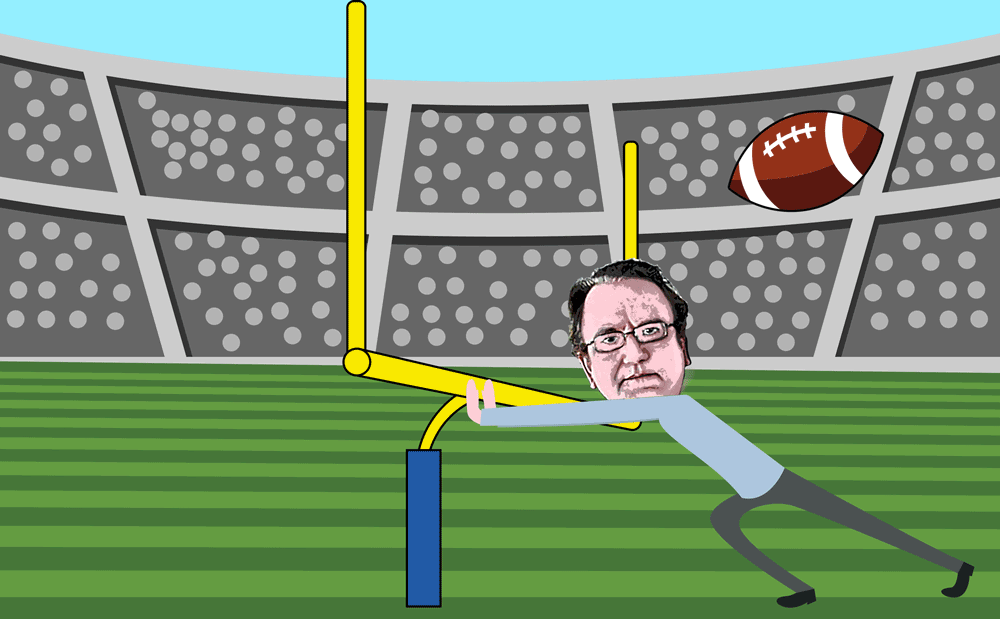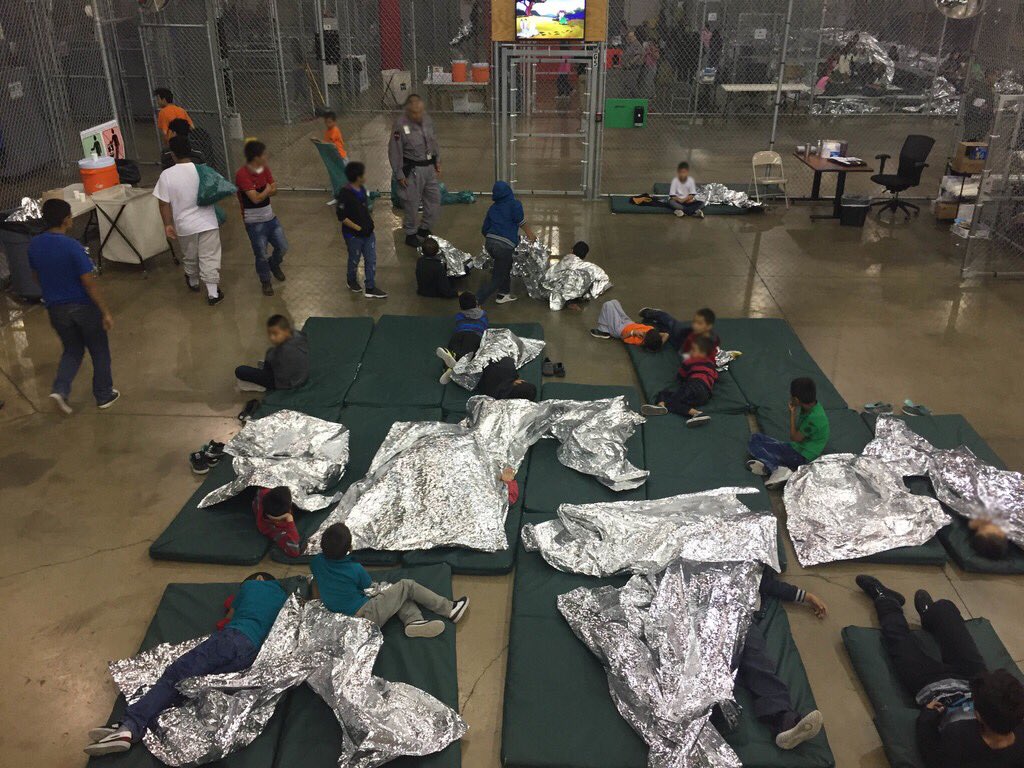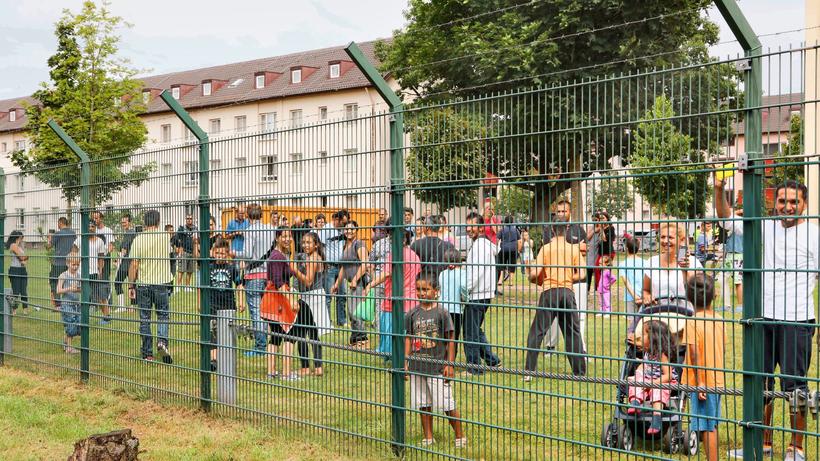natjjohn
Member
https://www.washingtonpost.com/news...hildren/?noredirect=on&utm_term=.ccea3d0372aa
I like the last quote. Can workout whether going to grant asylum or not without traumatizing kids.
The small shelter along the Texas border to Mexico held 60 beds and a little playground for children. Rooms were equipped with toys, books and crayons. To Colleen Kraft, this shelter looked, in many ways, like a friendly environment for children, a place where they could be happy.
But the first child who caught the prominent pediatrician's attention during a recent visit was anything but happy. Inside a room dedicated to toddlers was a little girl no older than 2, screaming and pounding her fists on a mat. One woman tried to give her toys and books to calm her down, but even that shelter worker seemed frustrated, Kraft told The Washington Post, because as much as she wanted to console the little girl, she couldn't touch, hold or pick her up to let her know everything would be all right. That was the rule, Kraft said she was told: They're not allowed to touch the children.
"The really devastating thing was that we all knew what was going on with this child. We all knew what the problem was," Kraft said. "She didn't have her mother, and none of us can fix that."
One thing immediately became clear to Kraft: Those who work at this shelter, whom she declined to name for privacy reasons, are doing what they could to make sure the children's needs are met. The children were fed; they had beds, toys, a playground and people who change their diapers. But there are limits to what workers could do. Not only could they not pick up or touch the children; they could not get their parents for them.
"The really basic, foundational needs of having trust in adults as a young child was not being met. That contradicts everything we know that the kids need to build their health," Kraft said.
Such a situation could have long-term, devastating effects on young children, who are likely to develop what is called toxic stress in their brain once separated from caregivers or parents they trusted. It disrupts a child's brain development and increases the levels of fight-or-flight hormones in their bodies, Kraft said. This kind of emotional trauma could eventually lead to health problems, such as heart disease and substance abuse disorders.
"While not all of the children we are ripping from their parents will suffer the full consequences of toxic stress, many may," child psychologist Megan Gunnar of the University of Minnesota told BuzzFeed News.
"The age of the child matters," Gunnar said. Children under age 10 are of deep concern, she said. "Those under 5 should get us all running around with our hair on fire to get this practice stopped."
Kraft said the separation from their parents is inflicting serious damage to the children.
"The kids need to come first," Kraft said. "America is better than this."
Nearly 4,600 mental-health professionals and 90 organizations have joined a petition urging Trump, Attorney General Jeff Sessions and several elected officials to stop the policy of separating children from their parents.
The petition says:
These children are thrust into detention centers often without an advocate or an attorney and possibly even without the presence of any adult who can speak their language. We want you to imagine for a moment what this might be like for a child: to flee the place you have called your home because it is not safe to say and then embark on a dangerous journey to an unknown destination, only to be ripped apart from your sole sense of security with no understanding of what just happened to you or if you will ever see your family again. And that the only thing you have done to deserve this, is to do what children do: stay close to the adults in their lives for security.
It further says: "To pretend that separated children do not grow up with the shrapnel of this traumatic experience embedded in their minds is to disregard everything we know about child development, the brain, and trauma."
As of Thursday, 11,432 migrant children are in the custody of the Department of Health and Human Services, up from 9,000 at the beginning of May. These numbers include minors who arrived at the border without a relative and children separated from their parents.
For Kraft, lost in the partisan wrangling and finger pointing was the long-term impact on children.
"As partisan and as divisive as the whole topic of immigration is, we need to start with what's right," she said. "Can we start with just keeping parents and children together while we figure out some of the other details?"
I like the last quote. Can workout whether going to grant asylum or not without traumatizing kids.





